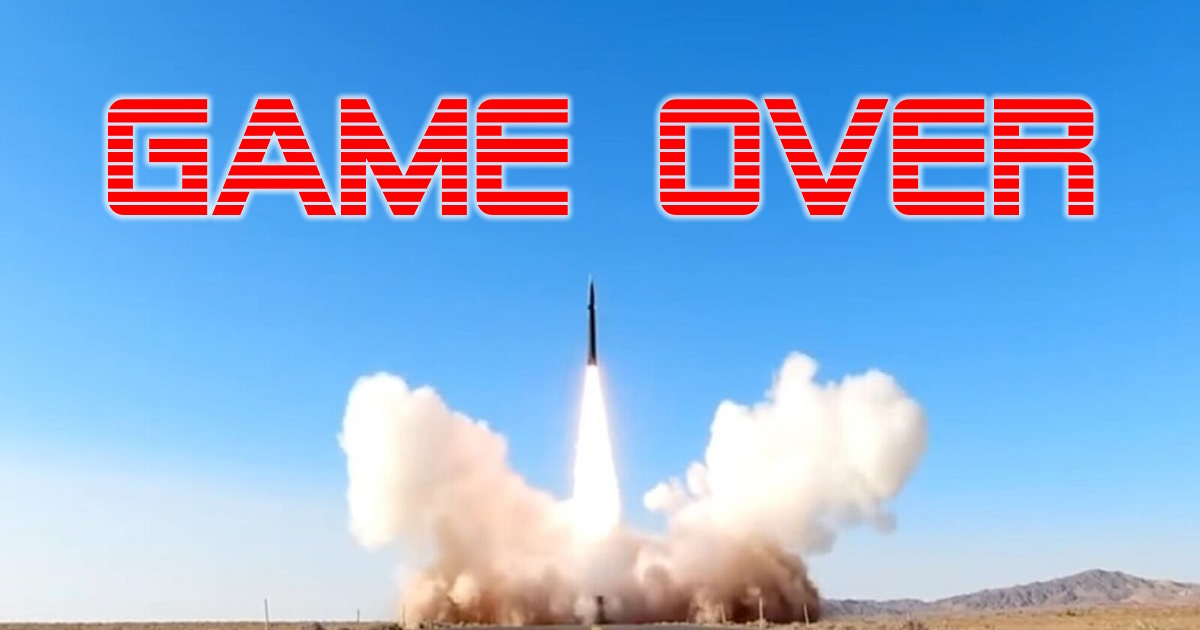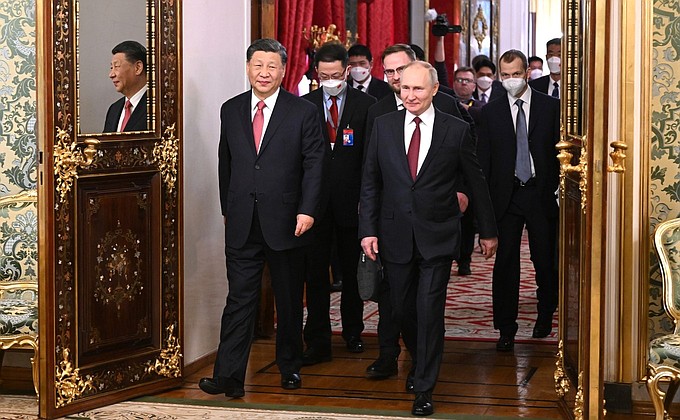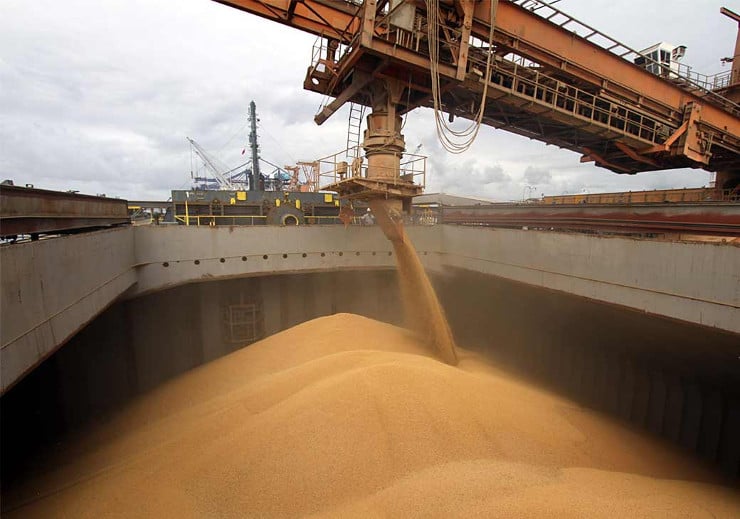The UK confirmed it would provide Kyiv the armour-piercing rounds alongside Challenger 2 tanks - but insisted they have a low risk of radiation.
Depleted uranium "is a standard component and has nothing to do with nuclear weapons", the MoD said.
"The British Army has used depleted uranium in its armour piercing shells for decades," the statement added.
"Russia knows this, but is deliberately trying to disinform. Independent research by scientists from groups such as the Royal Society has assessed that any impact to personal health and the environment from the use of depleted uranium munitions is likely to be low."
Former British Army tank commander - and chemical weapons expert - Col Hamish de Breton-Gordon, said Mr Putin's comments were "classic disinformation".
He said depleted uranium rounds used by Challenger 2 tanks contained only trace elements of depleted uranium.
He added it was "laughable" to suggest depleted uranium rounds were in any way linked to nuclear weapons, which uses enriched uranium.
Depleted uranium is what is left over after natural uranium has been enriched, either for weapons-making or for reactor fuel.
It is mildly radioactive in its solid form. But it is a very heavy substance, 1.7 times denser than lead, and it is used to harden rounds so that they can penetrate armour and steel.
When a weapon made with a depleted uranium tip or core strikes a solid object, like the side of a tank, it goes straight through it and then erupts in a burning cloud of vapour.
The vapour settles as dust, which is poisonous and also weakly radioactive.
Russian Foreign Minister Sergei Lavrov said sending depleted uranium ammunition to Ukraine would mean the UK was "ready to violate international humanitarian law as in 1999 in Yugoslavia".
"There is no doubt this will end badly for London," Mr Lavrov added.
On Tuesday evening, a spokesman for the Pentagon said the US would not be sending any munitions with depleted uranium to Ukraine.
Shells with depleted uranium were used in Iraq and the Balkans, where some claim it was linked to birth defects.
A 2022 UN Environment Programme (UNEP) report said depleted uranium was an environmental concern in Ukraine.
"Depleted uranium and toxic substances in common explosives can cause skin irritation, kidney failure and increase the risks of cancer," it said.
"The chemical toxicity of depleted uranium is considered a more significant issue than the possible impacts of its radioactivity," it added

 scottiestech.info
scottiestech.info






